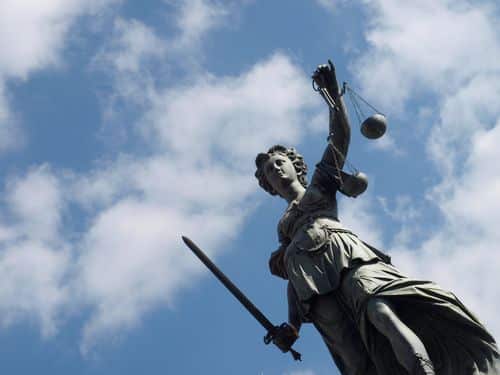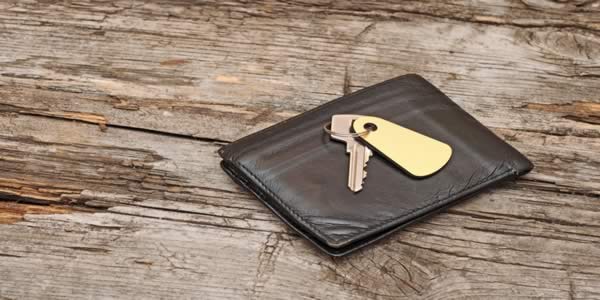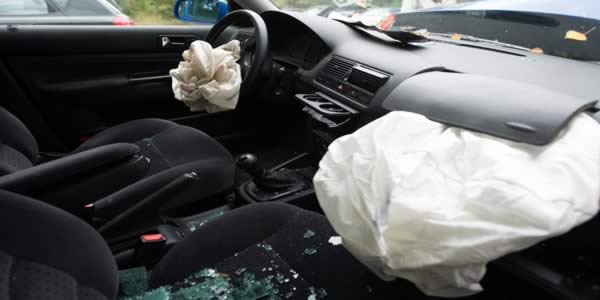As a Charleston criminal attorney, I’ve been asked how a person can get a pardon in South Carolina. A criminal conviction can have long-lasting detrimental effects on someone’s life, including prohibiting you from finding a job, joining the military, voting, or owning a gun. This article explains what a pardon is, what a pardon can do for you, and the basics for applying for and receiving a pardon in South Carolina.
What is a Pardon in South Carolina?
A pardon is a grant by South Carolina that excuses a person convicted of a crime from its legal consequences. A pardon doesn’t expunge your conviction from your criminal record; it just ends the penalty.
With a pardon, your conviction remains on your criminal record. However, if you’re granted a pardon, several of your civil rights are restored including:
- The right to vote
- The right to serve on a jury
- The right to hold most public offices
- The right to resume a licensed profession; and
- The right to testify in court without having evidence presented about your criminal conviction.
How Do I Get a Pardon in South Carolina?
Many people mistakenly believe that the only way to get a pardon in South Carolina is to have a political or personal connection to our governor. In South Carolina, the governor has nothing to do with pardons. Instead, pardons are granted by the SC Department of Probation, Parole & Pardon Services (DPPPS).
To get a pardon in South Carolina, you must first submit an application to DPPPS. The pardon application is available online (here) or you can request one from the Department. Currently, the application fee is $100.
In addition to providing DPPPS information about yourself and your conviction(s), you need to state your reasons for requesting a pardon. Also, you must submit 3 reference letters specifically supporting your request for a pardon. These 3 letters must be written by persons who aren’t related to you by birth or marriage.
After you submit your application and your reference letters, DPPPS conducts an investigation to verify the accuracy of your information before it is provided to the Board of Paroles and Pardons and the case is scheduled for a hearing. Before the hearing, the Board of Paroles and Pardons reviews all of this information to decide whether to grant you a pardon. Therefore, the quality of your written reasons for the pardon and your reference letters is VERY IMPORTANT! We help our clients carefully craft their written reasons and we review the reference letters to make sure that they support your application. For our client’s written reasons, here are some of the things we look for:
- The “tone” of the written reasons should be respectful and sincere
- Specific (not vague) reasons for the pardon such as:
- Trying to get a better job
- Forwarding your education
- Trying to start a family
- Wanting to vote in upcoming elections
- Specific examples of how you’ve become a changed person who deserves a pardon.
As for the reference letters, they shouldn’t come from neighbors or friends. When we help our clients with a pardon, we try to get letters from 3 of the following types of references:
- An employer
- A pastor, preacher, or rabbi
- A teacher or professor
- A law enforcement officer
- Someone of high standing in the community
Who Is Eligible for a Pardon in South Carolina?
Probationers – Any time after discharge from supervision. All court-ordered restitution and collection fees must be paid in full.
Parolees – If all restitution and collection fees have been paid in full, then parolees can be considered:
- Any time after successfully completing five years under supervision
- Any time after the discharge date and after successfully completing the maximum parole period, if less than five years
Persons discharged from a sentence – Any time after the date of discharge, provided all restitution and collection fees have been paid in full.
Inmates – Any time prior to becoming parole-eligible upon proof of the most extraordinary circumstances. All restitution and collection fees must still be paid in full.
Inmates with a terminal illness – Any time after they are afflicted with a terminal illness with a life expectancy of one year or less. Two separate doctor’s statements documenting life expectancy must be attached to the application. All restitution and collection fees must be paid in full.
How Long Does It Take to Get A Pardon Hearing?
According to DPPPS, their investigation takes about 90 days. From start to finish, the average waiting time is seven to nine months. When the hearing is scheduled, you’ll appear before the Board of Paroles and Pardons in Columbia, South Carolina. The Board will allow you and any other persons you bring with you to make statements on your behalf. These persons can be your parents, your spouse, your 3 references, or any other person who would make a good character reference on your behalf.
The Board will give you their decision at the hearing. Unfortunately, there’s no guarantee that you’ll get a pardon. The Board only grants pardon, at its discretion, when it believes that you have demonstrated that you are a changed person.
Charleston, SC Lawyers for Pardons
If you’re applying for a pardon, there is no requirement that you have a lawyer assist you. However, hiring a lawyer to at least help you to word your application and to review your references is typically a good idea. So if you need a lawyer in Charleston to help you with a pardon, please contact the attorneys of Futeral & Nelson, LLC.












